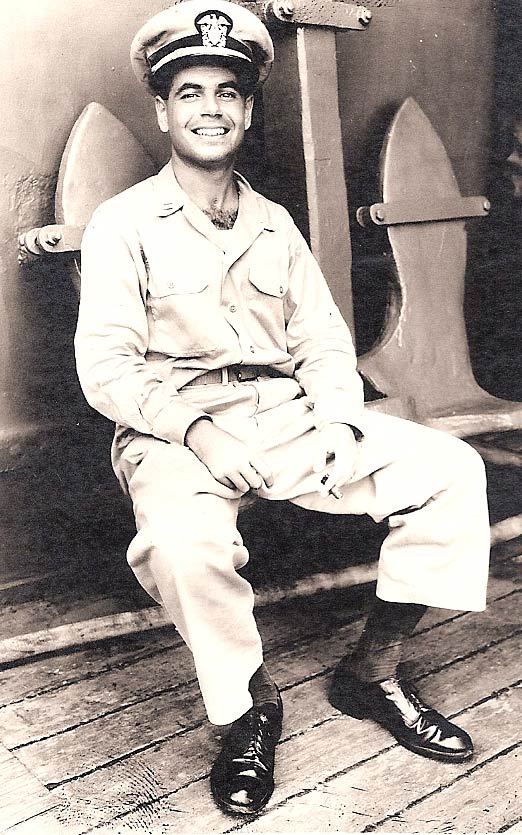During the desultory summer of 1985 my father and I became pen pals. I was still living in the small white-pocked cinder block dorm at the 92nd Street Y in Manhattan after two years in graduate school. One afternoon I opened the combination lock of my mailbox and found a letter addressed in my father’s usual way to Miss Judith Bolton in an envelope with three-toned writing — blue for the return address in Hartford, Conn., green for me the addressee, and red for the return address again, this time on the back flap.
Before that summer most of the mail Dad sent me was birthday and Valentine’s Day cards as sweet as the breakfast cereals he forbade me to eat as a kid. Now he typically sent me a page or two of yellow legal sized paper that was a mix of news as mundane as a grocery list or as urgent as the fact that I had reached my limit on the MasterCard he gave me. He once tried to buoy my spirits after I broke up with my boyfriend of eight years. “You are a cute girl and there are lots of fish in the sea,” he wrote. He also sent lists of records he wanted me to find for him, mostly Viennese operettas and Straus waltzes.
But this envelope now in my mailbox was unusually thick. I clutched the letter as I rode the elevator to the seventh floor. But as soon as I shouldered my door open I forgot all about it. The red light on my answering machine was blinking like an emergency. A message!
“Judy?” I heard my father’s voice blowing into the receiver as if testing a microphone. I was shocked, as my dad called only on my birthday or on patriotic holidays like Memorial Day or the Fourth of July
“Listen,” he said. “I sent you a letter that you will get today or tomorrow. Destroy that letter without reading. I repeat: Destroy the letter without reading.” His voice was firm, but I could hear the same underlying panic I heard when he used to come home from work and whisper to me, “What kind of mood is your mother in?” Before he hung up he muttered to himself, “Damn it, did it go through?”
I didn’t call him back. Like the British submarine commander tasked with destroying the Letter of Last Resort — a Cold War relic providing instructions in case of a nuclear apocalypse, the letter written by each successive prime minister and destroyed as soon as power changes hands — I had my orders. I took the oversized envelope and a lighter I had stashed with a year-old pack of Merit Lights in a drawer of my battle-gray desk. But first I replayed the message; perhaps I had misunderstood. There it was again: “I repeat: Destroy the letter without reading.”
I held the thickly stuffed envelope in one hand and flicked the lighter in the other. Flicking, marking time. Moving the lighter closer, until the blue-rimmed orange flame finally caught a corner of the envelope.
From there the fire went quickly. I threw the letter into my dented metal garbage can and watched, fascinated, as it curled into ash. Only the twenty-two cent raised bald eagle stamp remained distinct and resolute until the end.
My father and I never discussed the matter; it was not our way. That was also the summer his health began to deteriorate. The first sign that something was wrong was in his handwriting — the tall, stalwart letters were now crabbed and crowded on the page. It was the beginning of what we later learned was Parkinson’s disease.
I’ll never know what was in that letter. Perhaps my father’s depression had morphed into confession and he wanted to illuminate the quiet, small mysteries that shaded and shaped his life, our life together. Had I destroyed with my own hand the secrets he wanted to tell me, the secrets I wanted to know?
Today I tremble with the fresh realization that the letter he asked me to burn years ago — his Letter of Last Resort — could well have been a suicide note. It would be like my father, the former naval intelligence officer who was always careful never to be a character in his stories, to invite that kind of speculation.
Yet over the years he told me how unhappy he was with my mother, much younger than he. “She picks on me for being old,” he once said. At the time his hands were unsteady, his walking shuffled. He was losing the strength and the will that had once enabled him to do 25 pushups every morning. Even when his Parkinson’s finally marooned him in a wheelchair, I never asked him about death. I didn’t have to. He cried out for his deceased parents every time I saw him.
But that long ago summer when I believe Dad decided not to go through with killing himself, he needed me to destroy the evidence. The only thing I know for certain is that some truths are locked away in real or metaphorical safes — Letters of Last Resort — forever unknown to us after they are destroyed.
Judy Bolton-Fasman is writing a memoir from which this essay is adapted. Her work has appeared in the New York Times, the Boston Globe, The Rumpus and other venues. She blogs at thejudychronicles.com










